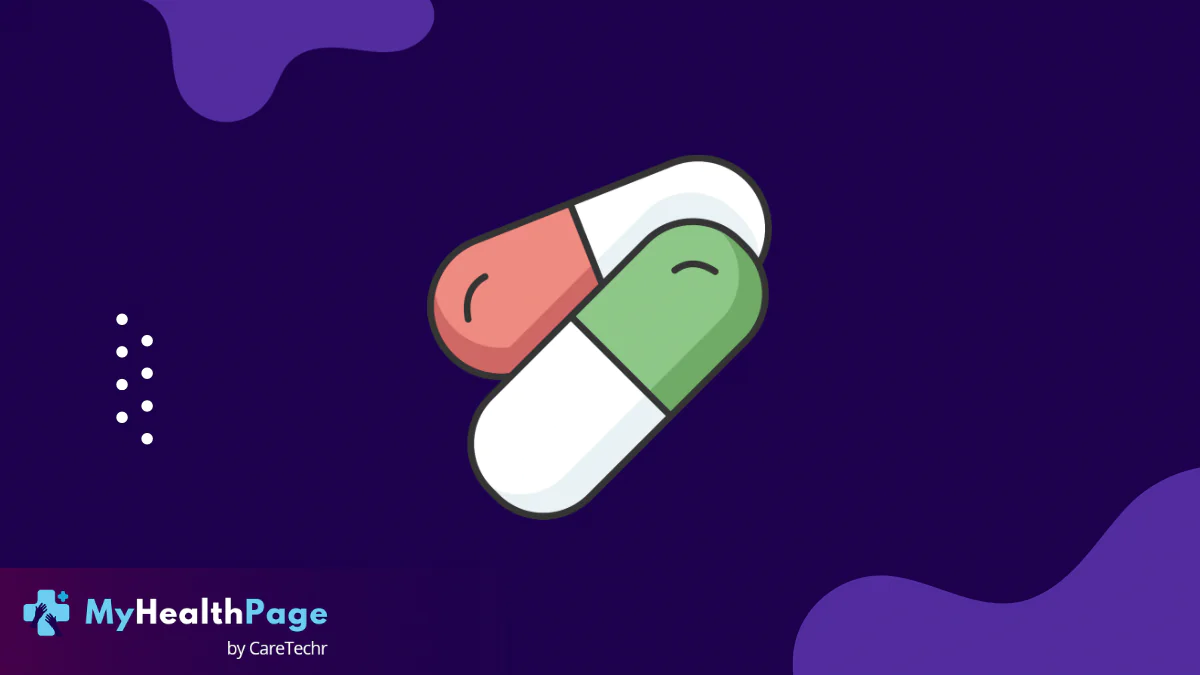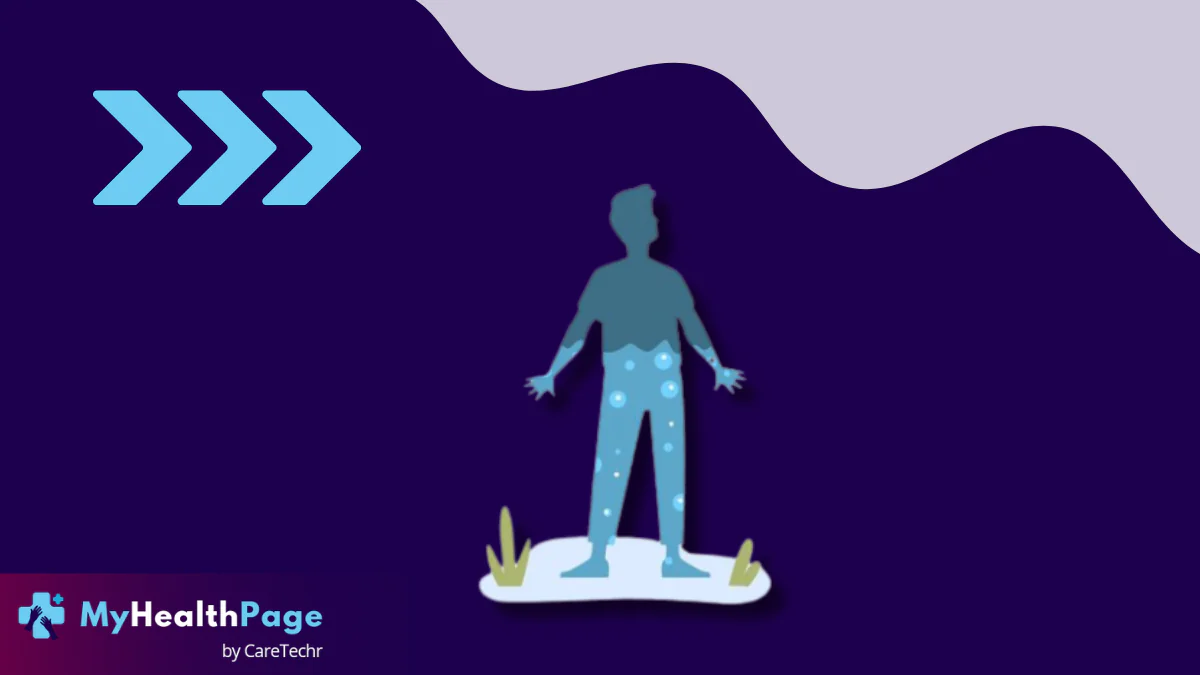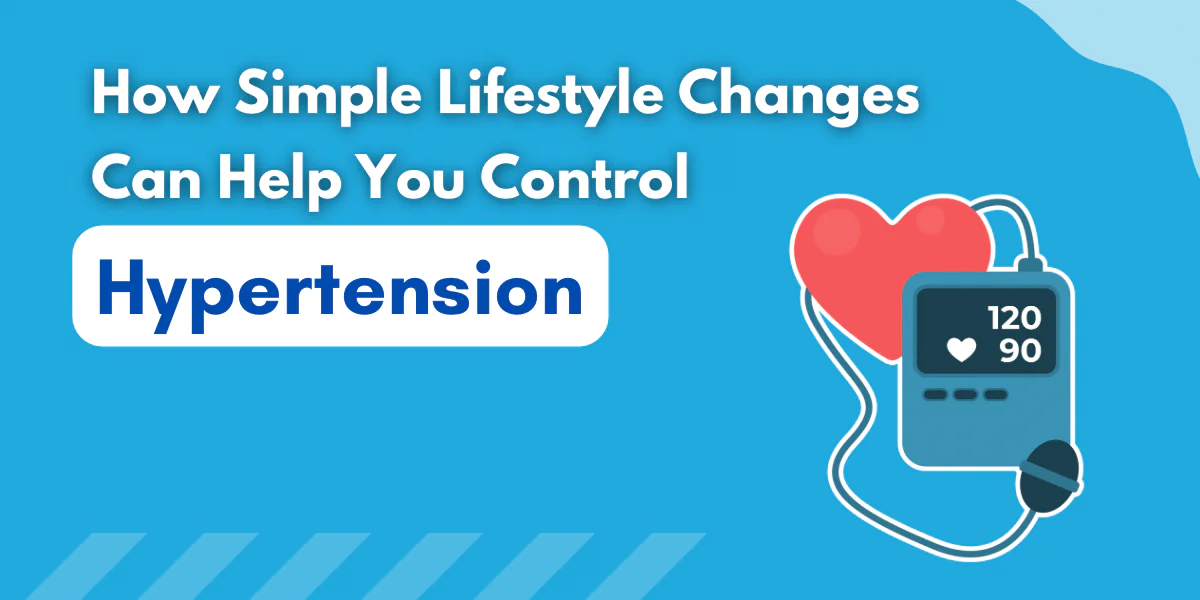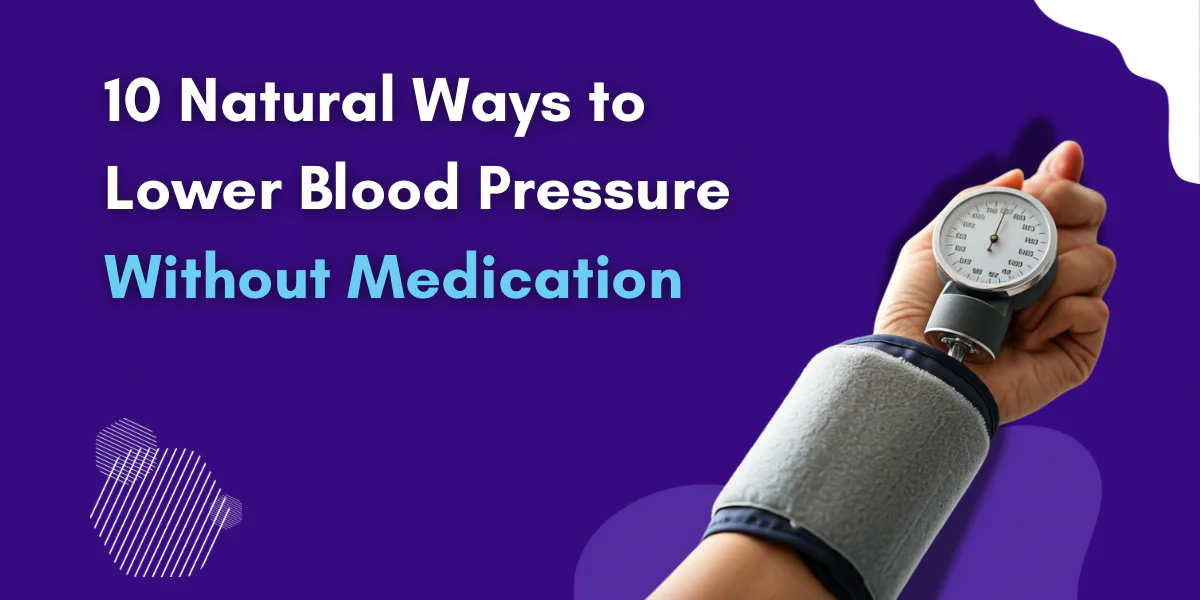Breakfast is often described as the most critical meal of the day, but its importance goes beyond fueling your morning routine. Skipping breakfast doesn’t just leave you hungry—it can significantly disrupt your hormonal balance. This disruption, often overlooked, has a surprising effect: increased scalp oil production. For those struggling with oily hair or scalp conditions, understanding this connection can provide valuable insights into resolving the issue.
The Link Between Breakfast and Hormonal Balance
Hormones play a pivotal role in regulating bodily functions, from energy levels to skin health. After an overnight fast, breakfast helps stabilize hormone levels, particularly cortisol and insulin, setting the tone for the day. Skipping this meal, however, puts your body into a state of stress, disrupting these hormones and triggering imbalances that can affect your skin and scalp.
- Cortisol Regulation: Cortisol, often referred to as the stress hormone, peaks in the morning to help you wake up. A balanced breakfast helps moderate these levels. Without it, cortisol stays elevated longer, which can overstimulate sebaceous glands and lead to excess scalp oil production.
- Insulin Sensitivity: Skipping meals reduces insulin sensitivity, which can lead to hormonal fluctuations that indirectly affect androgen levels—hormones closely tied to sebum production.
How Skipping Breakfast Increases Scalp Oil Production
When hormones like cortisol, insulin, and androgens become imbalanced, they can overactivate the sebaceous glands, leading to oily skin and scalp. The connection between skipping breakfast and sebum production involves several factors:
Cortisol and Sebum Production
Cortisol, when elevated for extended periods, increases androgen activity. Androgens directly stimulate sebaceous glands, causing them to produce more oil. The result? A greasy scalp that feels unmanageable.
Blood Sugar Fluctuations
Without breakfast to stabilize blood sugar levels, the body releases stress hormones to compensate. These hormones can inadvertently stimulate oil production, as the sebaceous glands are sensitive to hormonal changes.
Compensatory Dehydration Response
Skipping breakfast often means missing out on hydrating foods and fluids. When the scalp becomes dehydrated, it may produce extra oil to compensate for the perceived dryness, exacerbating the problem.
The Role of Nutrition in Scalp Health
Breakfast is more than just a meal; it’s an opportunity to nourish your body with nutrients essential for hormonal regulation and scalp health. Nutritional deficiencies from skipping breakfast can weaken the scalp’s barrier, leading to issues such as excess oil, dandruff, and even hair thinning.
Key Nutrients for Scalp Health
- Protein: Proteins provide amino acids like keratin, essential for strong hair. Eggs, yogurt, and lean meats are excellent breakfast sources.
- Healthy Fats: Avocados, nuts, and seeds contain omega-3 fatty acids that reduce inflammation and regulate oil production.
- Zinc and Selenium: Found in whole grains and nuts, these minerals support sebaceous gland function and prevent overactivity.
- Biotin and B Vitamins: Crucial for maintaining a healthy scalp, these vitamins help regulate oil production and nourish hair follicles.
The Science Behind Hormonal Disruption and Oily Scalps
The sebaceous glands are highly responsive to hormones. Androgens, particularly testosterone, are central to regulating sebum production. When cortisol and insulin disrupt the delicate hormonal balance, androgens become more active, resulting in an oily scalp.
Moreover, the circadian rhythms that govern hormone secretion are thrown off when breakfast is skipped. This misalignment can compound the problem, making it harder for your body to stabilize sebum production throughout the day.
Signs Your Scalp Oil Production Is Out of Balance
Skipping breakfast may manifest in several scalp-related symptoms:
- Excessively oily hair that feels greasy shortly after washing.
- Dandruff caused by a buildup of oil and skin cells.
- Scalp acne or clogged follicles from overactive sebaceous glands.
- Itchy or irritated scalp due to imbalanced oil production.
If these signs persist, your morning eating habits could be playing a role.
How to Prevent Excess Scalp Oil Through Dietary Choices
While breakfast is vital, choosing the right foods is equally important. A healthy breakfast stabilizes your hormones and provides essential nutrients for scalp health.
Ideal Breakfast Components
- Complex Carbohydrates: Whole grains like oatmeal provide a slow release of energy, preventing blood sugar spikes.
- Lean Proteins: Foods like eggs and turkey balance blood sugar and reduce cortisol spikes.
- Healthy Fats: Avocados and nuts nourish the scalp and regulate sebaceous glands.
- Fresh Fruits: Rich in vitamins and antioxidants, fruits like berries and oranges combat oxidative stress and inflammation.
Avoid These Breakfast Mistakes
- High Sugar Content: Sugary cereals or pastries can spike insulin levels, exacerbating hormonal imbalances.
- Processed Foods: These lack the nutrients needed for scalp health and can contribute to inflammation.
Complementary Lifestyle Habits for Scalp Health
In addition to eating breakfast, certain lifestyle changes can further regulate scalp oil production:
Stay Hydrated
Dehydration can trigger compensatory oil production. Aim to drink water consistently throughout the day.
Reduce Stress
Incorporate stress-management techniques like meditation, yoga, or deep breathing to lower cortisol levels.
Establish a Sleep Routine
A consistent sleep schedule regulates hormonal rhythms, helping to balance sebum production.
Choose Scalp-Friendly Hair Products
Use shampoos that cleanse effectively without stripping natural oils. Look for sulfate-free and pH-balanced options.
Common Myths About Skipping Breakfast and Scalp Oil
Myth: Breakfast Has No Impact on Scalp Health
Fact: Breakfast sets the hormonal tone for the day. Skipping it disrupts key hormones that influence sebaceous gland activity.
Myth: Drinking Water Alone Can Prevent Oily Scalps
Fact: While hydration helps, a balanced diet that includes breakfast is essential for regulating sebum production.
FAQs About Skipping Breakfast and Scalp Oil Production
How quickly can skipping breakfast affect scalp oil production?
Skipping breakfast can lead to hormonal changes within days, but noticeable effects on scalp oil production may take a few weeks.
Can oily scalps cause hair loss?
Yes, excess oil can clog hair follicles, leading to inflammation and potential hair thinning over time.
What are quick breakfast options for busy mornings?
Smoothies with protein powder, Greek yogurt with nuts, or whole-grain toast with avocado are excellent choices for a fast, nutritious meal.
Can intermittent fasting worsen scalp oiliness?
For some individuals, intermittent fasting may increase cortisol levels and exacerbate oily scalp issues.
Is it possible to reverse scalp oil issues caused by skipping breakfast?
Yes, adopting a regular breakfast routine and balancing your diet can restore hormonal balance and regulate sebum production.
Are there any topical treatments to address oily scalps?
While topical treatments can help manage symptoms, addressing the root cause—hormonal imbalance—is more effective for long-term results.
Conclusion
Skipping breakfast is more than just a missed meal—it disrupts your body’s intricate hormonal balance, leading to increased scalp oil production. By prioritizing a nutrient-rich morning meal, you can stabilize cortisol, insulin, and androgen levels, reducing the overactivity of sebaceous glands. Combine this with a healthy lifestyle and proper hair care to maintain a balanced, healthy scalp. After all, small changes in your morning routine can yield big benefits for both your hair and overall well-being.
Read Also: Best Vitamins for Hair Growth: Boost Your Locks Naturally
Medical Disclaimer: This article is for informational purposes only and is not a substitute for professional medical advice. Always consult with a healthcare provider for personalized recommendations.











